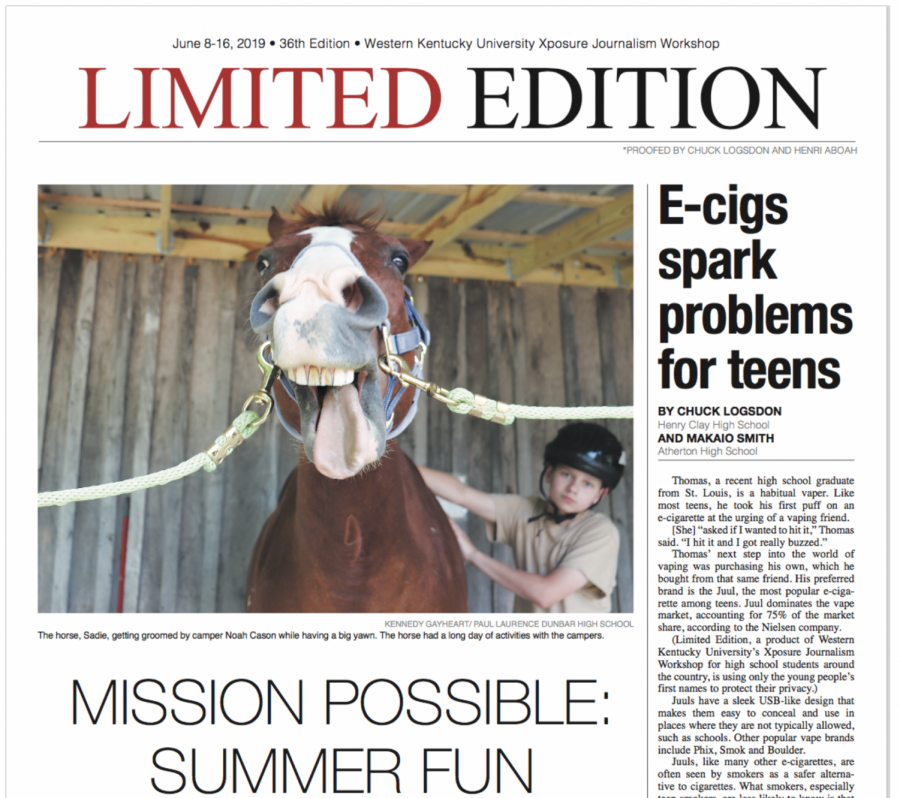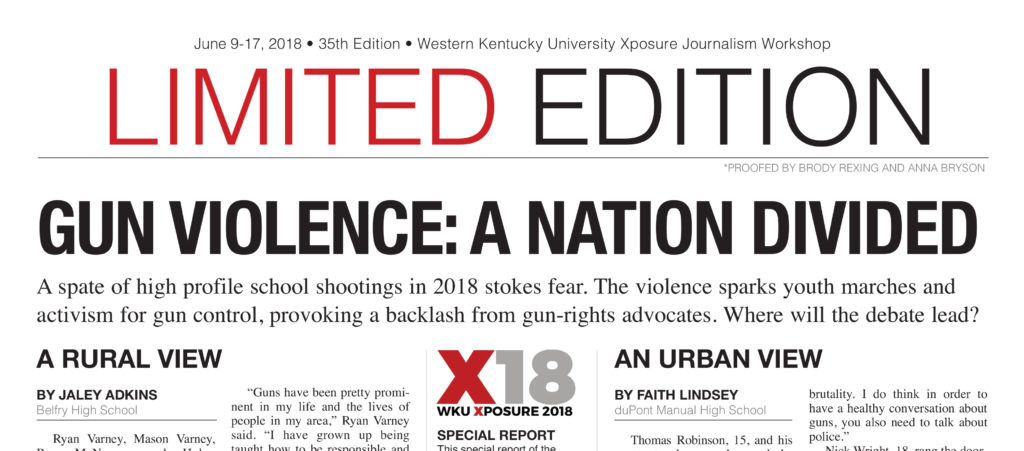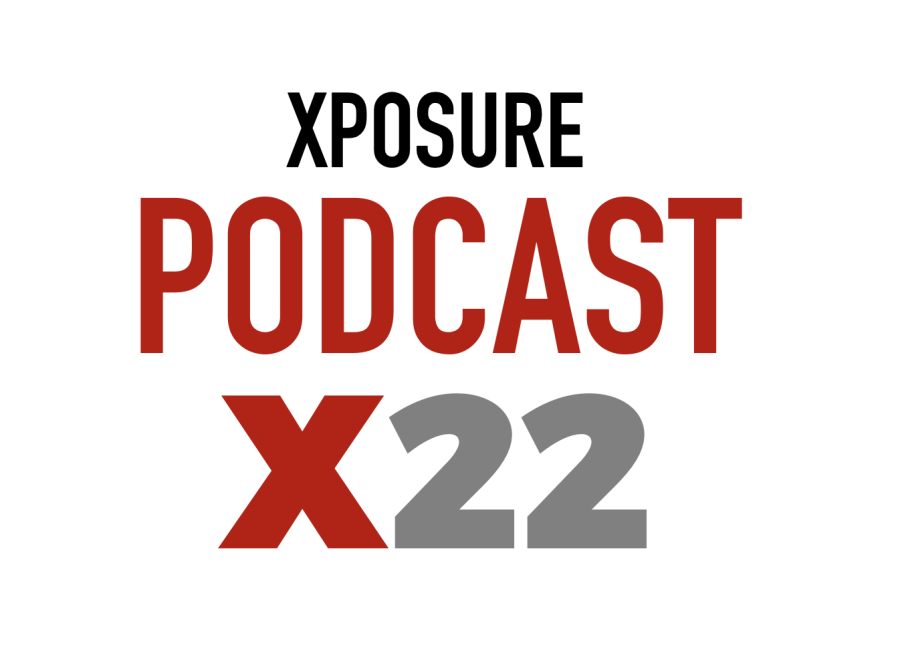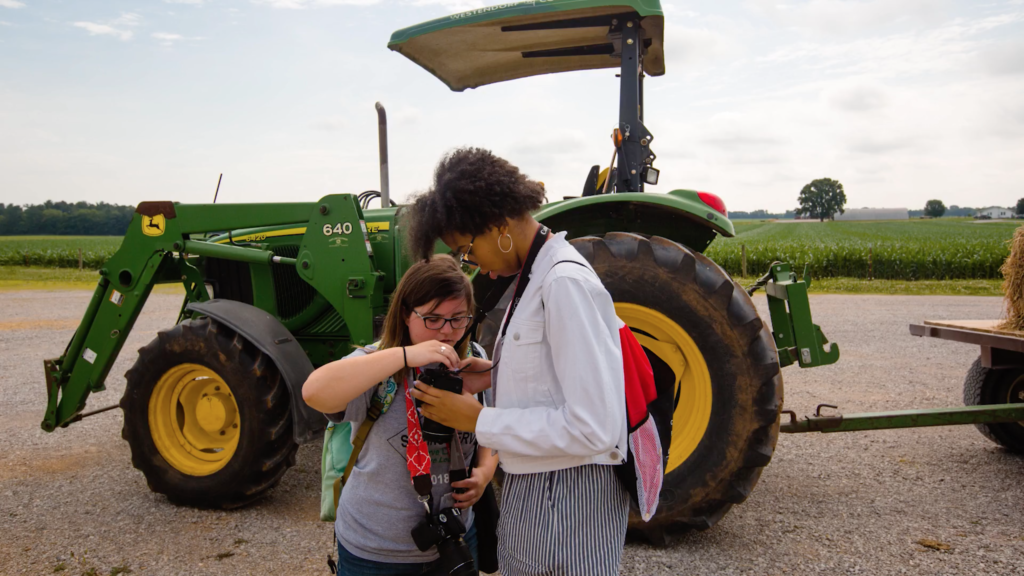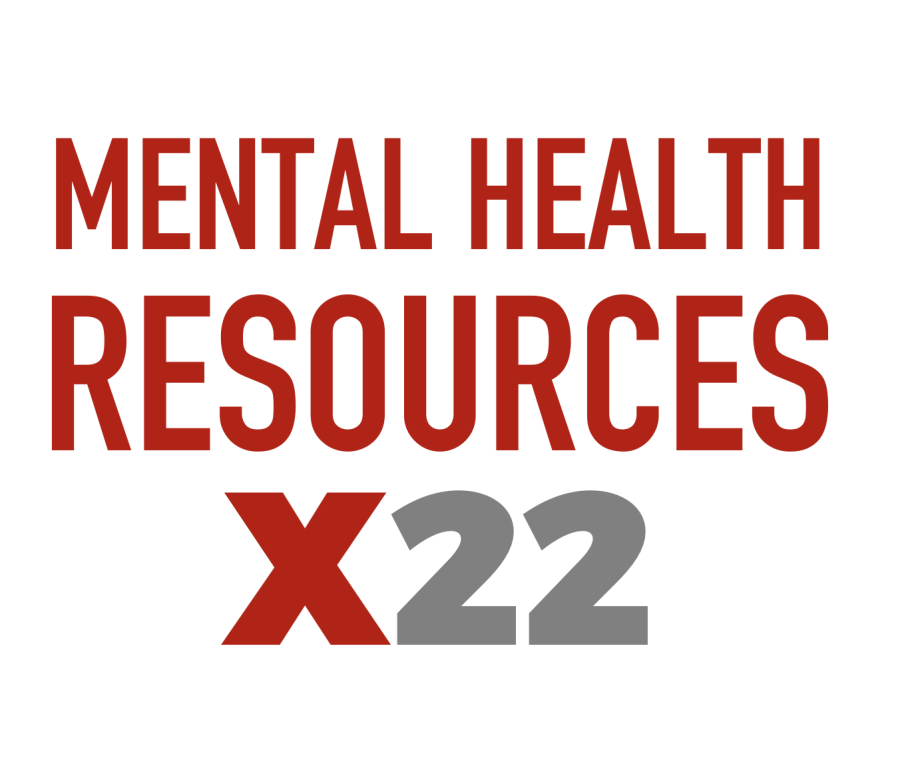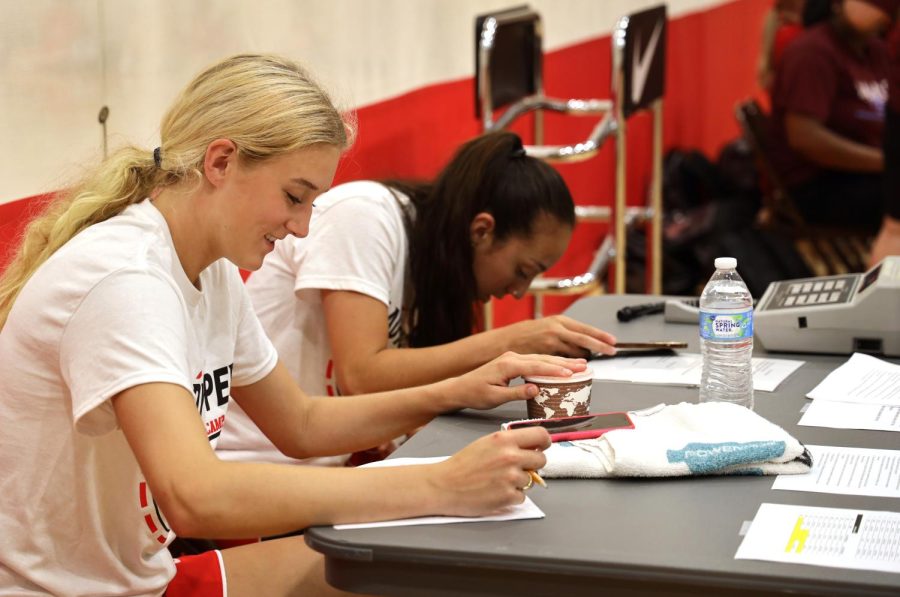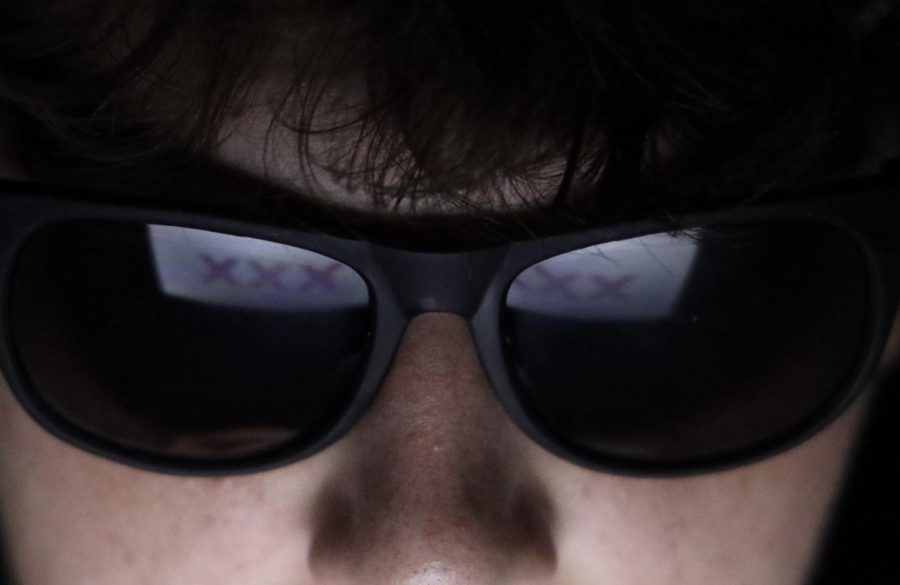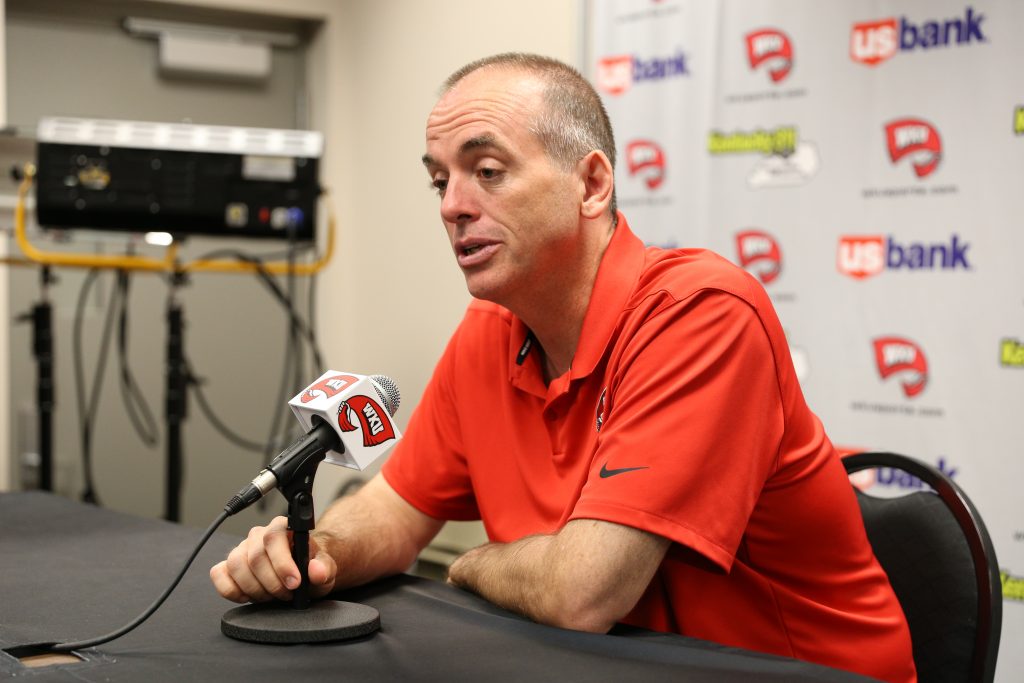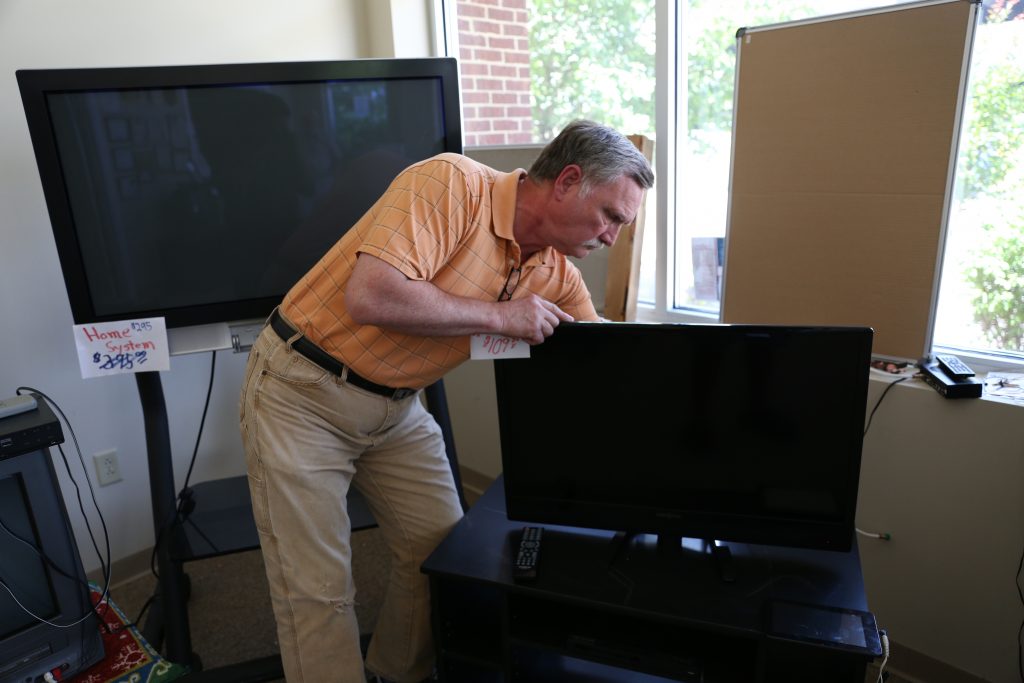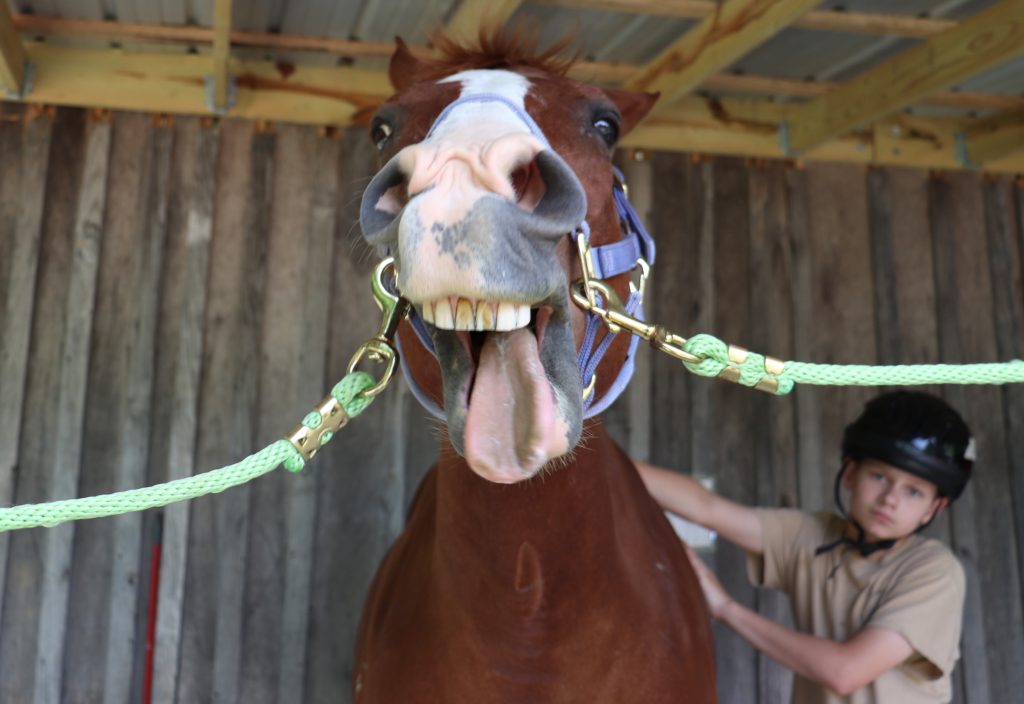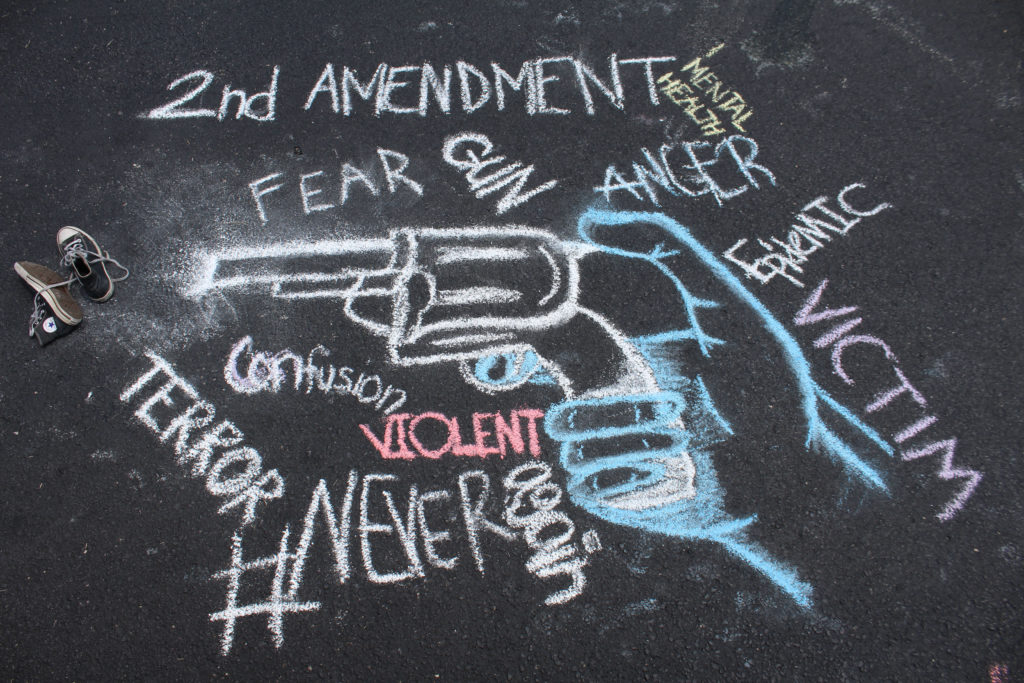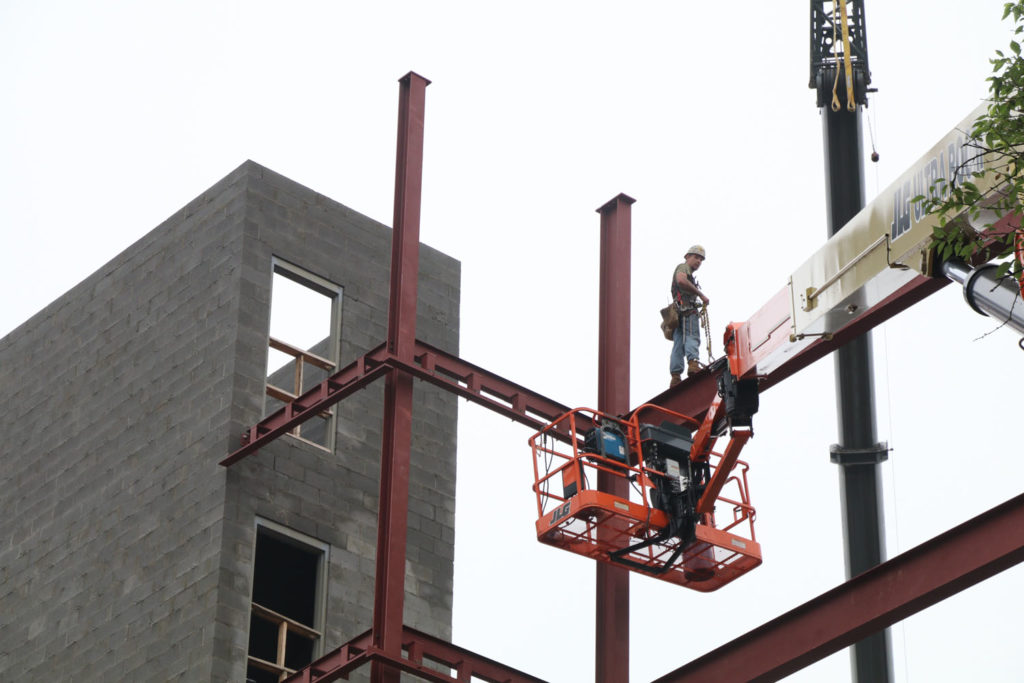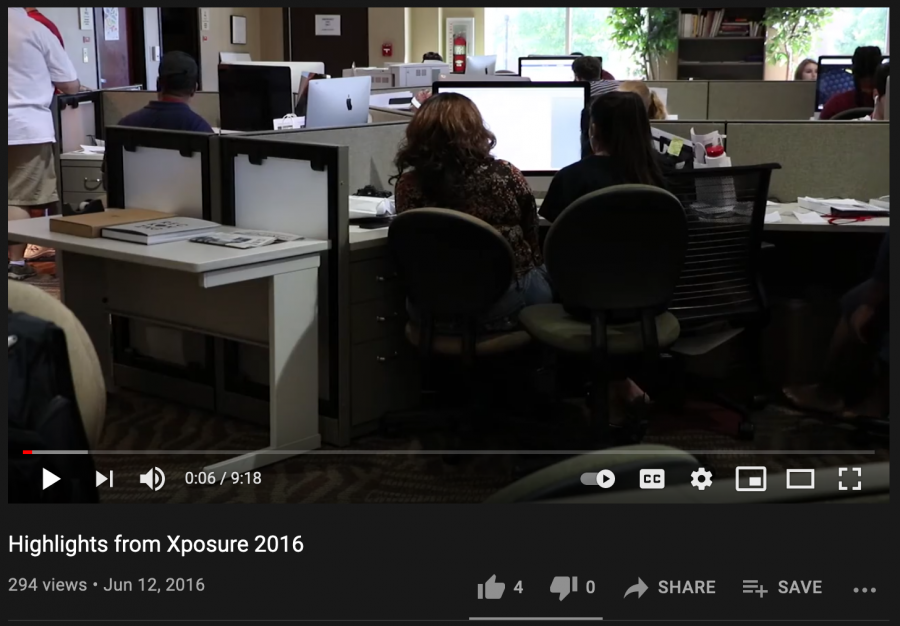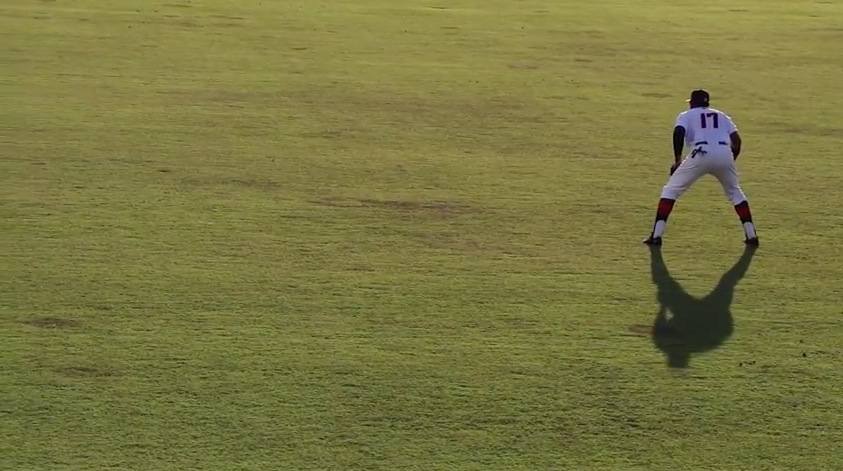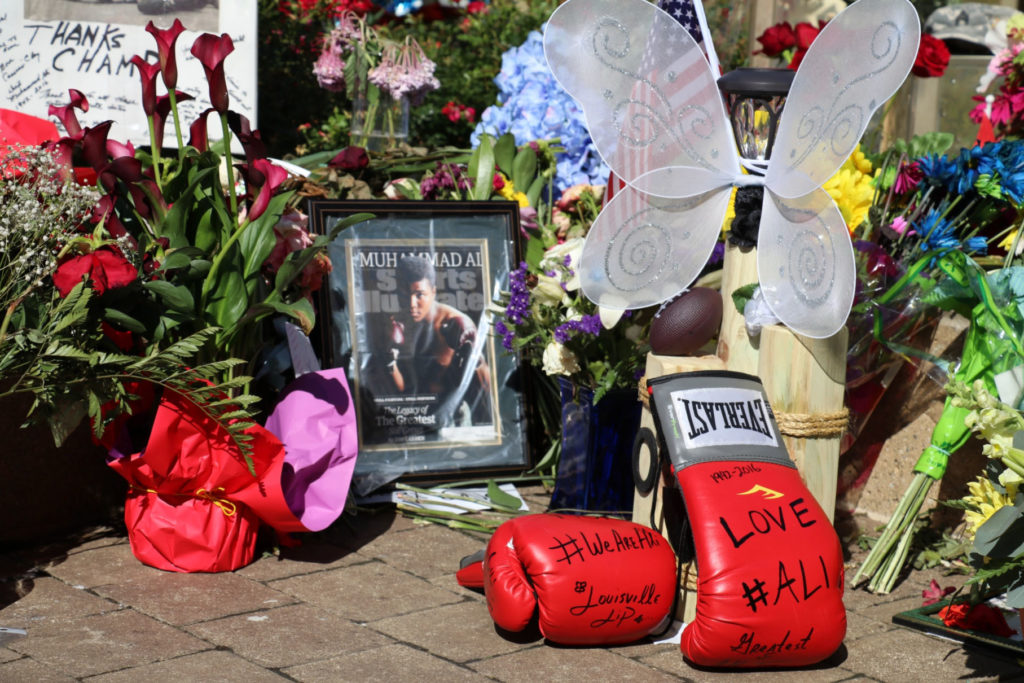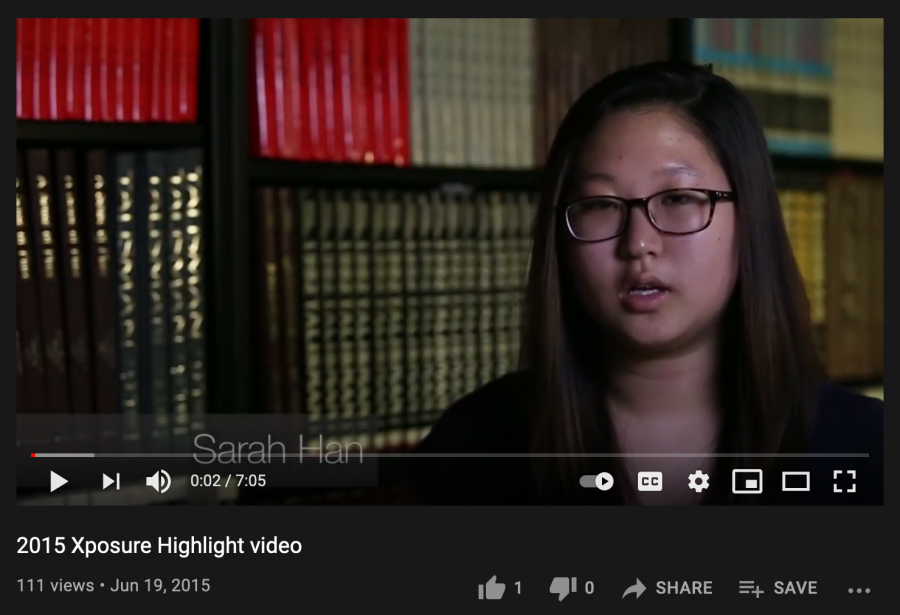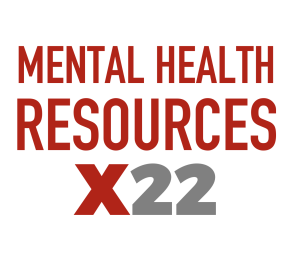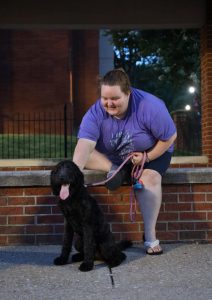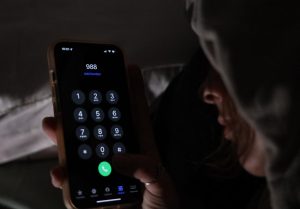Pandemic contributes to mental health relapses
People are naturally social creatures, but with the pandemic they were forced to be isolated from friends and even family. Those who struggled with substance abuse found these times difficult, and themselves more susceptible to relapse.
“Depression and anxiety commonly co-occur,” said Dr. Jenni Teeters, a WKU professor in the physiological sciences department. “Relapse can be influenced by many factors and both depression and anxiety could influence substance use for individuals that use substances to cope.”
Joseph Jaggers of Louisville is a recovering drug addict. He used substance abuse to quiet his thoughts.
“A lot of down time, like being not busy enough. Pretty much not a lot to do, not a lot of places to go,” Jaggers said. “Recovery for me is based on a disease … And when I have nothing to do, my mind goes crazy and then I decided to make a bad decision” and return to using substances.
Depression and anxiety are a big supporting role to why people turn to substance abuse, Teeters said. “And with the quarantine happening and having to isolate just made things feel worse than they already were.”
According to an article published in the Journals of the American Psychological Association in June 2020, 13 percent of Americans said they either started for the first time or increased their usage of substances in order to cope with the stresses of quarantine or other problems relating to COVID-19. Eighty-five percent of people who went to a rehab facility relapsed within their first year.
Relapsing doesn’t only affect the person who relapsed but the people around them. Sometimes they feel at fault for letting it happen and they have their own set of ordeals.
A 17-year-old St. Louis resident, who asked to remain anonymous, said her dad is one of the 13% who started using again.
“Yes, I did struggle,” she said. “Everything I felt before was, like, up ‘times two,’ and I then would be alone a lot of times and I’d be alone with my thoughts.”
And when things started to slowly open back up and parents would be gone, a lot of teens would be home by themselves with just their thoughts, which can be scary for teens and young adults with the struggle.
When her dad relapsed, it was devastating for her and her family. She was upset with not being able to see her friends or other family, which made everything worse.
“Almost every day after he did, it felt the same as being sad and angry at myself because I had felt somehow this was my fault.”
She said there were times when she felt so drained because “I thought he was doing better and I didn’t notice him struggling.
“There were times when I didn’t feel like getting out of bed, my house to walk my dogs or even to turn my laptop on during virtual summer school.”
Since the relapse she said her father has gotten better. He is back in Alcoholics Anonymous and his support group has been such a help.
“Now that everything has gotten better it has been good,” she said. “Not how things used to be because now we are more watchful but it hasn’t been super bad. There are still times when I feel sad about my dad relapsing but It’s gotten better since it happened.”


